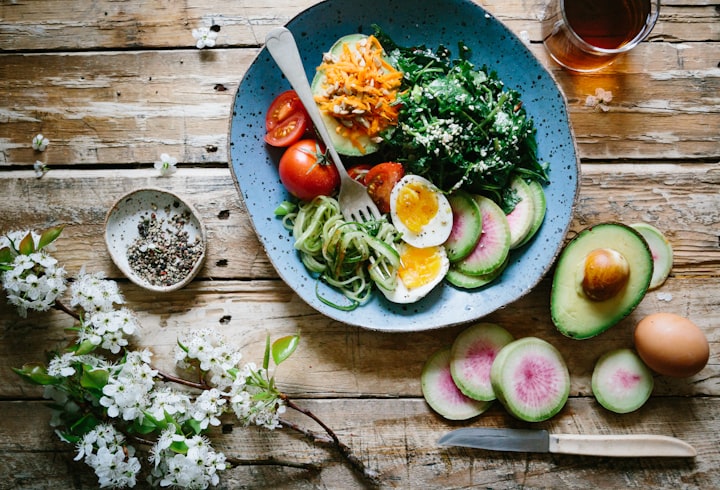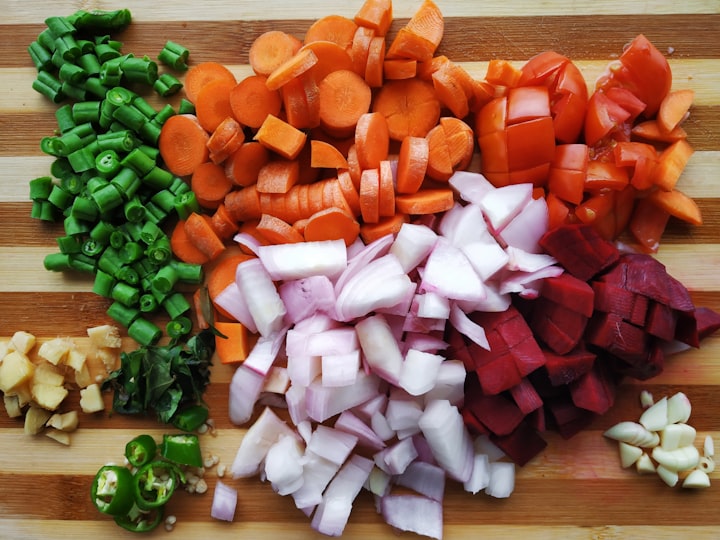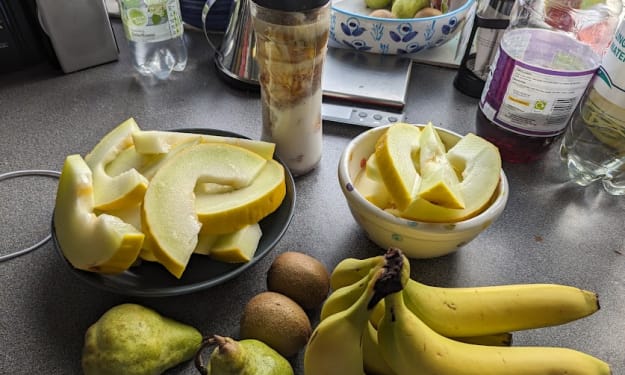Healthy Lifestyle: Healthy Brain
Tips for healthy brain function

Healthy Lifestyle Tips For Healthy Brain Function
GREEN LEAFY VEGETABLES are the best foods for brain power.
Kale, spinach, collards, bok choy, iceberg lettuce, romaine lettuce, bibb lettuce, all the lettuce varieties, arugula, swiss chard: one of my favorites, turnip greens, and broccoli are just a few. They can be prepared raw in salads, added to soups and casseroles or create a stir-fry. Fresh or frozen are your best bets. Leafy greens are very low in calories and pretty much zero carbs. One of the healthiest foods you can incorporate into your diet they will give your body folate, Vitamin A, calcium, and Vitamin C not to mention much needed fiber.
As you incorporate more vegetables into your diet be sure you are eating less carbs and starchy foods. i.e.: more sauce and vegetables; less pasta and rice.
FATTY FISH like canned tuna and fresh or frozen cod, salmon, halibut and even Pollack. You are in luck if you like canned sardines, herring, Mahi-Mahi, mackerel, striped bass, perch and rainbow trout. These seafood’s and fish offer so many health benefits without the carbs.
Other non-fishy sources of good fat are avocado, walnuts and flaxseeds.
BERRIES! Learn to eat your berries without sugar or the least amount possible. Stick to fresh or frozen berries. Studies have shown eating berries at least 3 times a week slowed memory decline. Blackberries, strawberries, raspberries and blueberries are the most popular.
CAFFEINE from tea and coffee attributes to good short term memory. Which is why on one hand a cup or two is good for you but too much is bad. Too much caffeine can also be disruptive to sleep. Sleep is one of the best things you can do for your brain!
WALNUTS, while nuts in general are health, walnuts specifically offer memory improvement and as mentioned above are also linked to the very healthy fatty acid omega-3.
Science shows us that inflammation in the body contributes to all sort of disease. So an anti-inflammatory diet over-all is a great defender in declining health as we age.
Sleep, as mentioned earlier is also one of the best things you can do for your brain function. Sleep deprivation can be devastating to a person’s health. Both physical health and emotional health. According to several studies, sleep can and does directly affect your memory.
Recent studies have shown that during sleep time, the brain actually clears out toxins. I encourage you to research this topic on your own. The studies and information is fascinating and something we could all benefit from knowing. “People simply do not put enough emphasis on how important sleep is to their overall health.”
How much sleep we actually need varies with each of us. When we should be sleeping also seems to vary with each individual. The majority of people find that sleeping at night time and being awake during the daylight hours is the most beneficial.
A good night’s sleep can help you to pay better attention when driving, when need to recall something such as for a test the next day, or for work. A good night’s sleep can also support better creative thinking.
I have read many articles that correlate depression and sleep. If you are experiencing depression and are having trouble sleeping I would highly encourage you to research this possibility and definitely encourage you to speak to your doctor about your sleep habits.
A popular question I get asked as a nutritionist is does food before bedtime affect my quality of sleep.
My first response is the most obvious. Stay away from caffeinated beverages and foods leading up to bedtime. Personally speaking from my own experience, I was able to drink coffee throughout my workday in my twenties. In my thirties I noticed I slept better if I cut off my caffeine by 2pm in the afternoon. In my forties that was backed up to noon. Now, in my fifties my caffeine cut off is 10am if I want to enjoy a good night’s sleep.
As far as other foods many studies have been conducted over the years. As a nutritionist we learn, and I can attest to many people reporting this to me that the following foods can absolutely disrupt your sleep:
A diet that includes too much sugar, especially late in the day can disrupt sleep. Too many processed foods and fast foods, such as high fat, high carb foods can also disrupt sleep. People who practice a healthy diet that includes mostly vegetables experience a more restful restorative sleep than those who do not.
About the Creator
Paula C. Henderson
Paula is a freelance writer, healthy food advocate, mom and cookbook author.






Comments (1)
nice.. healthy life with healthy food.. good msg.. tq